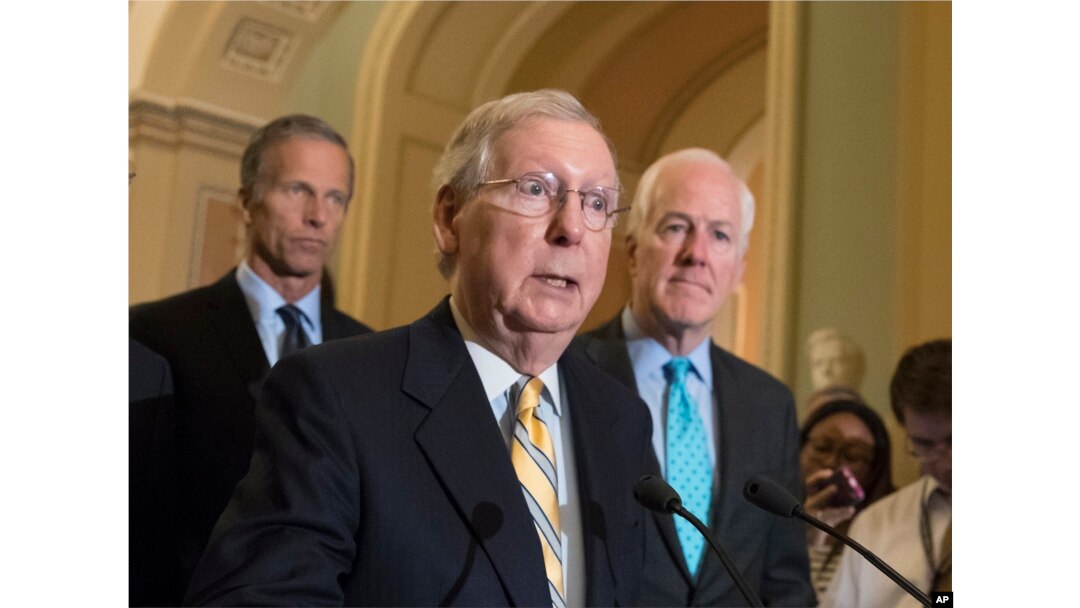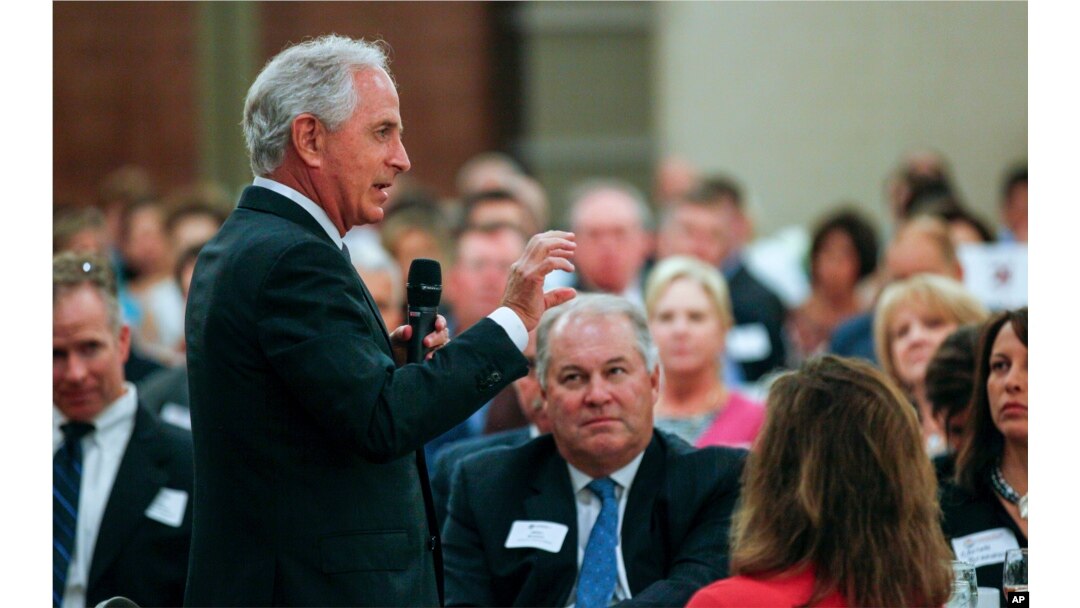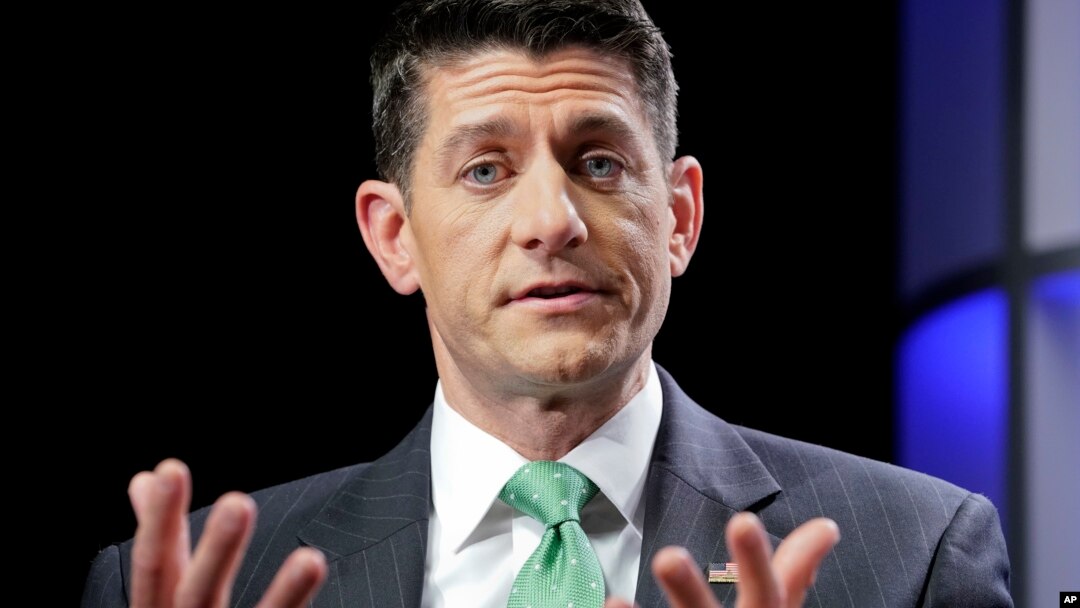In announcing that the United States would not certify the nuclear deal with Iran, U.S. President Donald Trump has required Congress to reconsider the agreement.
The Trump administration said it will continue to live up to its commitments under the deal, but said Congress must address flaws within the agreement. If not, Trump said the United States will withdraw from the 2015 nuclear deal agreed upon by Tehran, the five permanent members of the United Nations Security Council, Germany and the European Union.
Here are how some of the key members in Congress have responded to Trump's announcement.
REPUBLICANS
House Speaker Paul Ryan
Ryan says the Iran nuclear deal reached during the Obama administration is "fatally flawed" and has backed Trump's decision to re-examine it. "Simply enforcing a fatally flawed agreement is not sufficient. I support President Trump's decision to re-evaluate this dangerous deal, and the House will work with his administration to counter Iran's range of destabilizing activities."

Mitch McConnell has not expressed a position on how he will respond to Trump’s decertification.
Senate Majority Leader Mitch McConnell
Like every Republican in Congress, McConnell voted against the Iran nuclear agreement. He has not expressed a position on how he will respond to Trump's decertification.

U.S. Sen. Bob Corker, R-Tenn., speaks to the Chamber of Commerce in Knoxville, Tenn., Aug. 16, 2017.
Senate Foreign Relations Committee Chairman Bob Corker
Corker says he will introduce legislation in the next two weeks that will address flaws in the nuclear deal without violating it. His proposals include allowing the United States to reinstitute sanctions against Iran if Tehran gets within one year of acquiring nuclear weapons, as well as giving the International Atomic Energy Agency more powers to verify Iran's compliance. His proposals would also require the president to certify that Iran is complying with the pact twice a year instead of every 90 days.
Several other top Republicans
"We are committed to work with the president to address these flaws [in the nuclear agreement], hold Iran strictly accountable to its commitments, and support efforts to counter all the Iranian threats," said House Majority Leader Kevin McCarthy, House Foreign Affairs Committee Chairman Ed Royce, House Armed Services Committee Chairman Mac Thornberry, and Representative Liz Cheney in a joint statement.
"We'll take an important step to that end on the House floor by passing bills to increase sanctions unrelated to JCPOA that target Iran's support for terrorism and its ballistic missile program when Congress returns in the coming weeks," their statement read.
DEMOCRATS
House Minority Leader Nancy Pelosi of California speaks to reporters on Capitol Hill in Washington after the Republican health care bill, a top-flight priority the party, passed the House, May 4, 2017.
House Minority Leader Nancy Pelosi
Pelosi called Trump's decision not to recertify the Iran nuclear agreement a "grave mistake" that threatens American security, and argued that the Iranians are in compliance with the 2015 agreement.
"I say the Iran nuclear agreement was the best way to prevent Iran from becoming a nuclear armed state," Pelosi said during a press conference Friday. "The president, I think, is being frivolous with this."
FILE - Sen. Ben Cardin, D-Md. is seen during a Senate Foreign Relations Committee hearing on Capitol Hill to review the Iran nuclear agreement, July 23, 2015.
Senator Ben Cardin
Cardin, who is the ranking member on the Senate Foreign Relations Committee, described Trump's announcement as "one of the most dangerous and consequential decisions the president has made imperiling U.S. national security."
U.S. Senator Bob Menendez (D-NJ) speaks at Seton Hall University in South Orange, New Jersey, Aug. 18, 2015.
Senator Bob Menendez
Menendez, a senior member of the Senate Foreign Relations Committee, said that while he opposed the original nuclear deal brokered by the Obama administration, he believes Trump's decision to not recertify it is "more about campaign promises and less about our national security interests."
"Not certifying now does nothing but create uncertainty among our allies and embolden an already belligerent Iran," he said in a statement.


